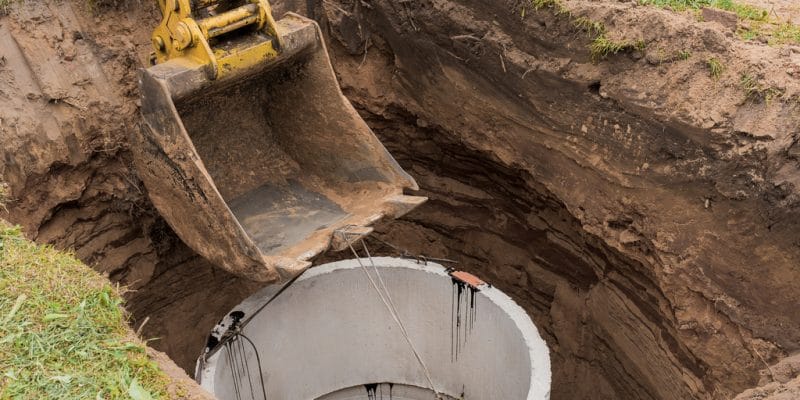The Korea International Cooperation Agency (Koica) is providing a grant of 7.7 billion Ugandan shillings (nearly US$2.2 million) to Uganda. The funding is for the improvement of solid waste and faecal sludge management in the Ugandan capital Kampala.
South Korea is strengthening its cooperation with Uganda in the field of sanitation. Seoul has just allocated 7.7 billion Ugandan shillings (about US$2.2 million) to the Ugandan government through the Korea International Cooperation Agency (Koica).
With this funding, the Global Green Growth Institute (GGGI) and its partners namely the Ugandan Ministry of Water and Environment, the National Water and Sanitation Cooperation, the Kampala Capital City Authority (KCCA) and some urban municipalities in Uganda are expected to accelerate research for the development of an inclusive and sustainable solid waste and faecal sludge management strategy, depending on the realities of each target area.
In the city of Kampala, KCCA provides waste collection in government offices, markets, schools, taxi parks and hospitals. Household waste management has been contracted to Nabugabo Updeal Join Venture, Homeklin Uganda and Kampala Solid Waste Management Consortium. The work of these four companies is far from sufficient to clean up Kampala, a city with a population of over 1.5 million people. According to the city’s latest statistics, people produce between 1,200 and 1,500 tonnes of waste per day. The utility companies only manage to collect 400-500 tonnes per day. This means that 60% of the waste is not collected and ends up in the gutters. Added to this is the management of faecal sludge. The practice of open defecation is still very common in the Ugandan capital Kampala.
Improving access to basic sanitation
GGGI and the Ugandan authorities are giving themselves until 2023 to make Koica’s funding worthwhile, through the development of “implementation plans and technical designs for the proposed interventions in the selected areas”. GGGI and its local partners also plan to test the proposed solutions in Kampala, which can then be used as a model for replication in other parts of the country. The intervention also aims to build the capacity of solid waste and faecal sludge management agents on the basis of inclusive and decentralised solutions that will improve sustainability and job creation through the waste-to-resource approach. After three years, some 100,000 households are expected to benefit from improved sanitation services in the city of Kampala.
Read Also –
In Uganda, the other solution advocated to improve access to basic sanitation is the installation of ecological toilets. The Professional Urban Planners Association of East Africa (Pupaea) plans to provide one million eco-toilets over the next nine years, mainly in rural areas, suburbs and refugee camps. The eco-toilets are designed to work without water, which ensures that they can be used in arid climates. They reduce open defecation, which is a source of many diseases such as cholera. At the same time, users can use the faecal matter as fertiliser for agriculture.
Inès Magoum






